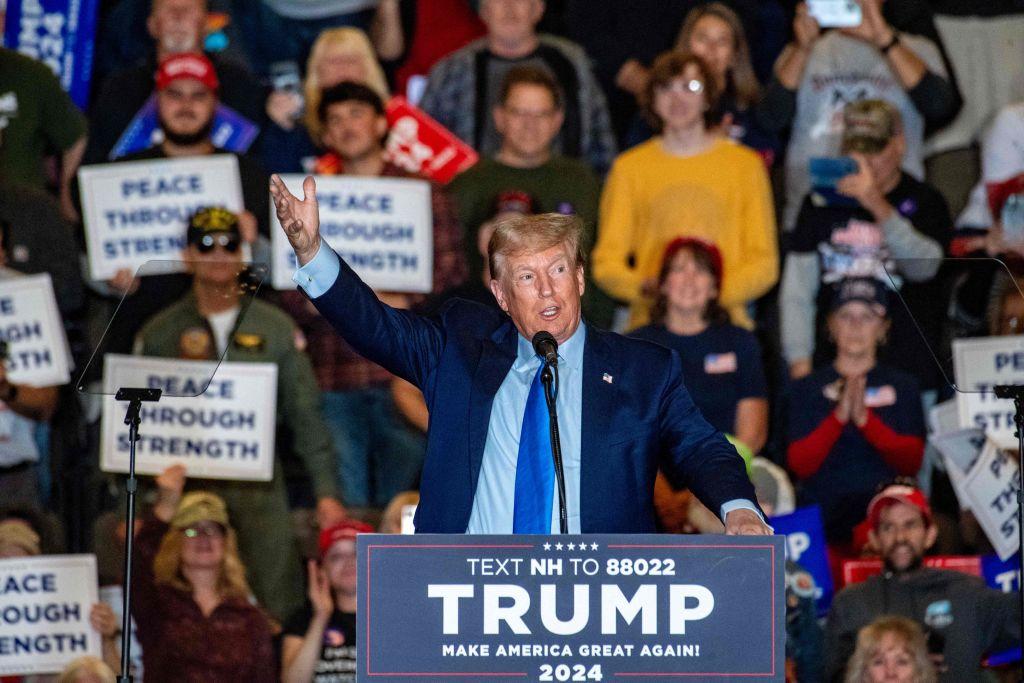Attorneys general in 18 states have come out in support of former President Donald Trump’s appeal against the gag order imposed on him in a federal criminal case in Washington.
Iowa Attorney General Brenna Bird submitted the brief, arguing that her state will be hosting the first-in-the-nation caucuses just two months after submitting the filing, and a major candidate has been gagged.





